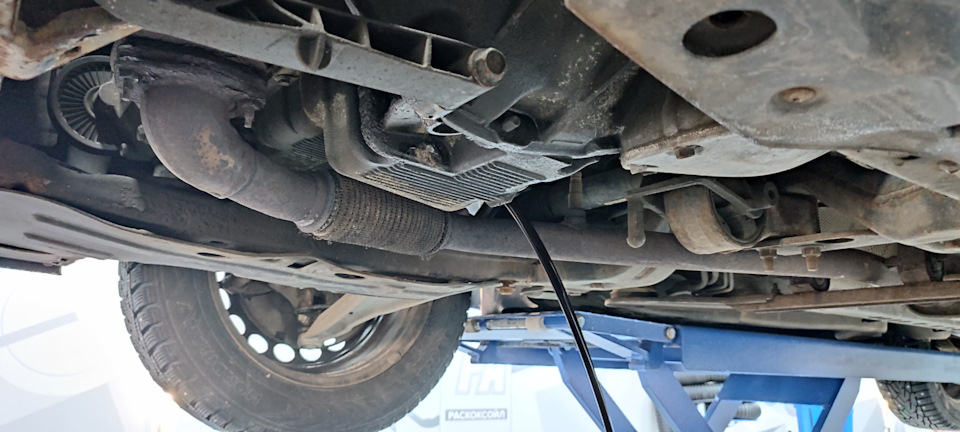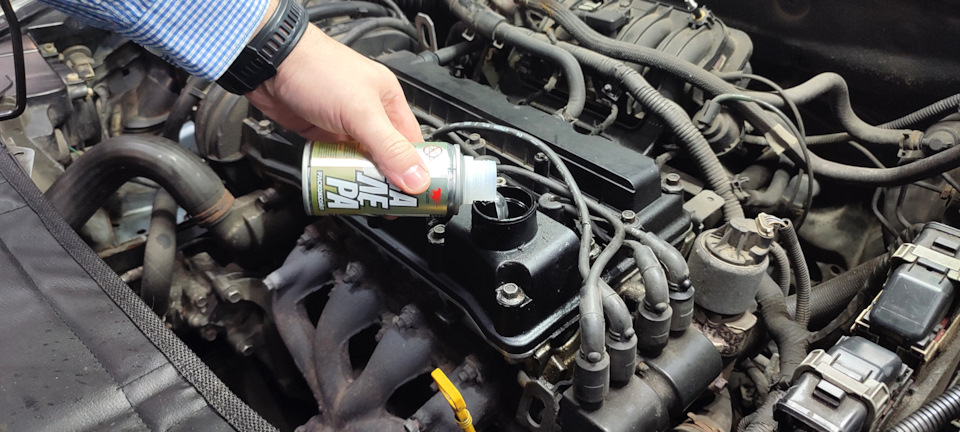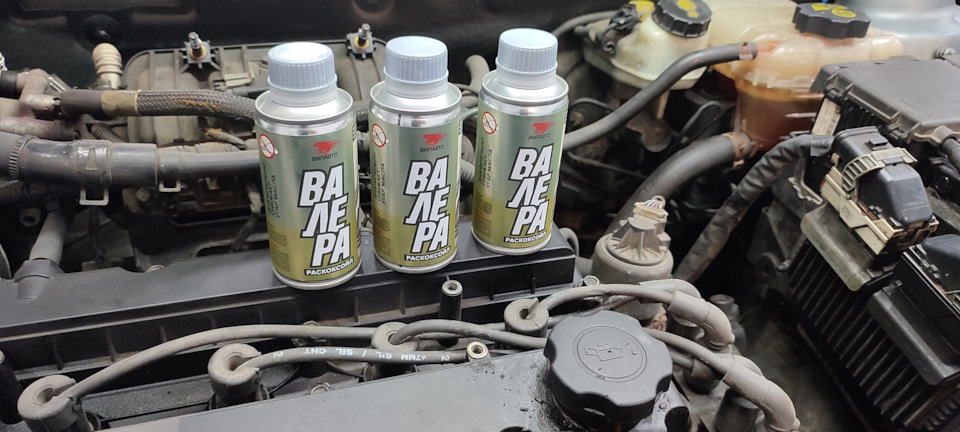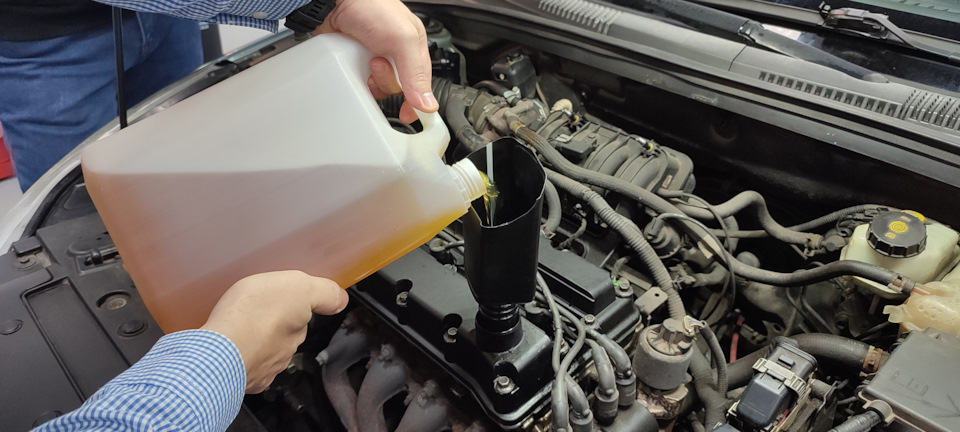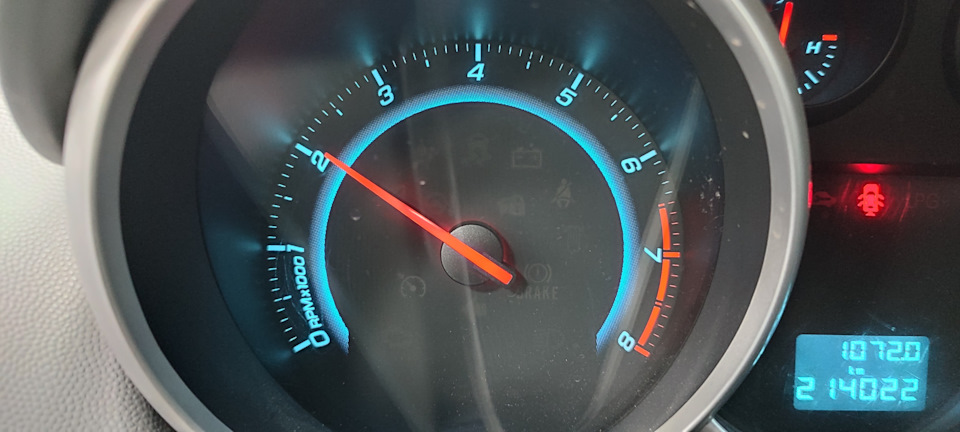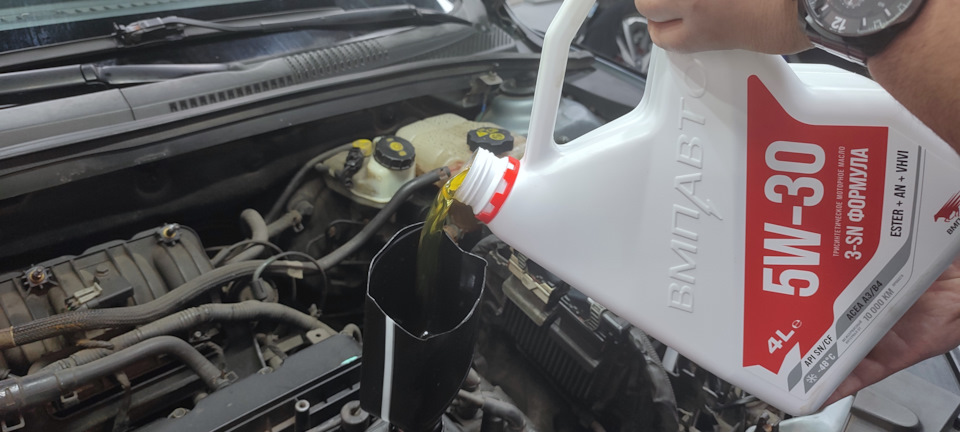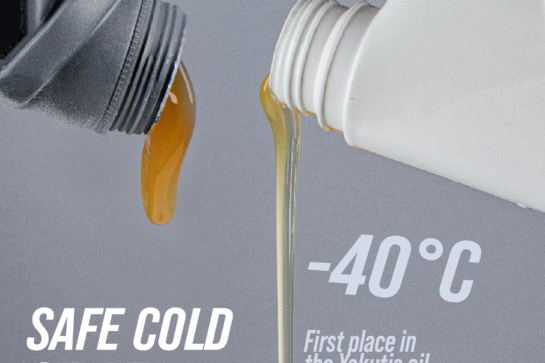To wash or not to wash
Does engine oil wash the engine or not? On this topic, motorists have always argued. Some argue that if the oil did not wash, it would not turn black after several hundred kilometers of mileage. Others demonstrate varnished engine parts and claim that they used only expensive oils with declared good washing properties. Who is right? In fact, both are right. Oil does have some washing properties. However, you should not idealize this ability, because it is not able to wash the engine from sludge and varnish. Wash off minor deposits and further keep the engine clean. This is the maximum that even the best quality oil can do.
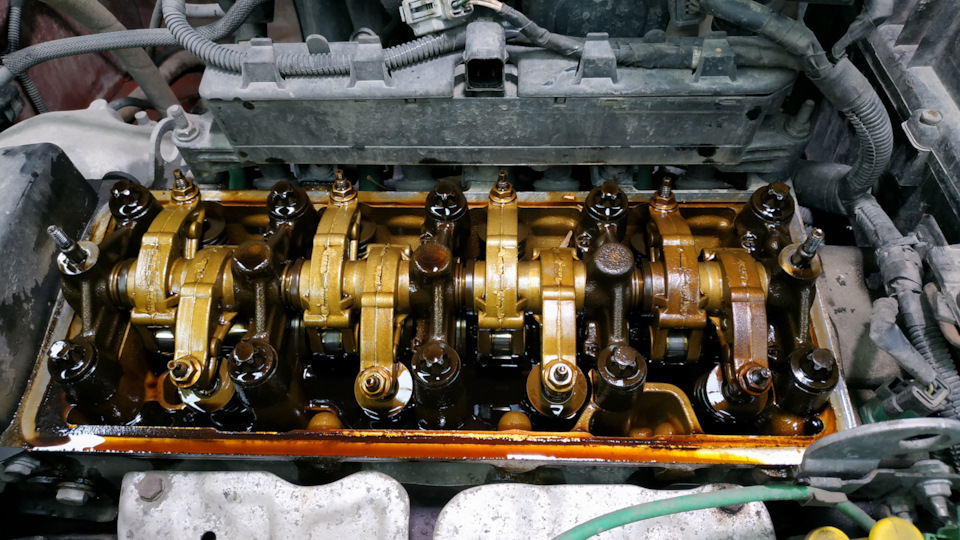
Meanwhile, pouring fresh oil into a dirty engine is dooming it to rapid aging. For some time it will still meet the stated characteristics. However, the contaminants it “absorbs” will very quickly turn it into waste. It does not matter whether you pour expensive or budget oil into the engine. The result will be the same.
It follows that before changing the oil in a heavily contaminated engine, the engine must be cleaned. It is to be cleaned, not flushed with flushing oil. Flushing oils are created only to dilute the non-drainable waste residue in the engine and remove it from the most secret recesses of the engine. Flushing oil cannot wash away sludge and lacquer deposits.
In order to clean the engine, there are specialized compositions. We recommend using VALERA Decarboil for this purpose. Our experience, as well as the experience of a large number of consumers says that this preparation is able not only to clean the oil system, but also to Decarboil oil rings. Reduction or complete absence of oil build-up after the use of raskoksoil is noted by those who used it precisely because of increased oil consumption. But let’s return to washing properties.
Analyzing the experience of using this product, we came to the conclusion that in order to clean a heavily polluted engine, a single application of Decarboil is not enough. This, by the way, is also noted by craftsmen who actively use our product in their daily work. In their opinion, in order to really clean a dirty engine qualitatively, at least(!) three-stage cleaning is required.
But why wasn’t it possible to make a product that flushed out everything at once? The point is that if you make such a composition, it will definitely affect plastics, seals and other non-metallic components of the internal combustion engine. For the same reason we do not recommend exceeding the dosage: for layer-by-layer dissolution of various types of contaminants requires oil circulation and time, and increasing the concentration can only adversely affect the “delicate” nodes.
So, what is the advantage of step-by-step washing? During the first stage, when raskoksoil is poured into the waste, the following happens. In the process of engine operation at high speeds, the solution of oil and the preparation soften sludge deposits, and high pressure in the oil system erodes and dissolves them. It is after the first stage that something more similar to tar is drained from the crankcase pan instead of waste oil. This is how the dissolved sludge is removed together with the exhaust oil.
During the second stage, the residual sludge is dissolved and the oil rings are de-cracked. At the same time, lacquer deposits are softened. At this stage, Decarboil is poured into fresh oil. By the way, it is not necessary for it to be expensive. Mineral oil with a minimum set of anti-wear and anti-seize additives is quite suitable, and its viscosity corresponded to the upper tolerance of the manufacturer. In most cases, oils with viscosity characteristics 10W-40 are suitable. After 20 minutes of operation at higher revolutions it will also drain quite dirty, because it will still contain dissolved sludge, soot from oil rings and varnish.
The effect is consolidated by the third stage. Fresh mineral oil and Decarboil are used again. In the course of this washing process, the residual lacquer deposits are washed away and the drainage holes in the pistons are cleaned. It should be noted that after the third stage the oil is usually drained already light. This indicates that the main contaminants have been removed. If even after this stage the oil still does not satisfy you with its cleanliness, the third stage should be repeated.
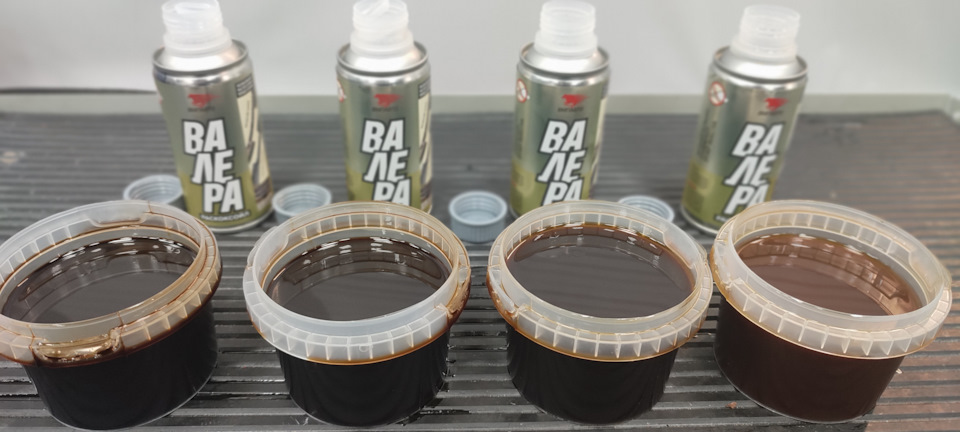
This is what happened in our case. On a 214,000 km Chevrolet Cruze, it took four flushes before oil lighter than waste oil began to drain from the crankcase. In a perfectly flushed engine, the oil drains the same color as fresh oil.
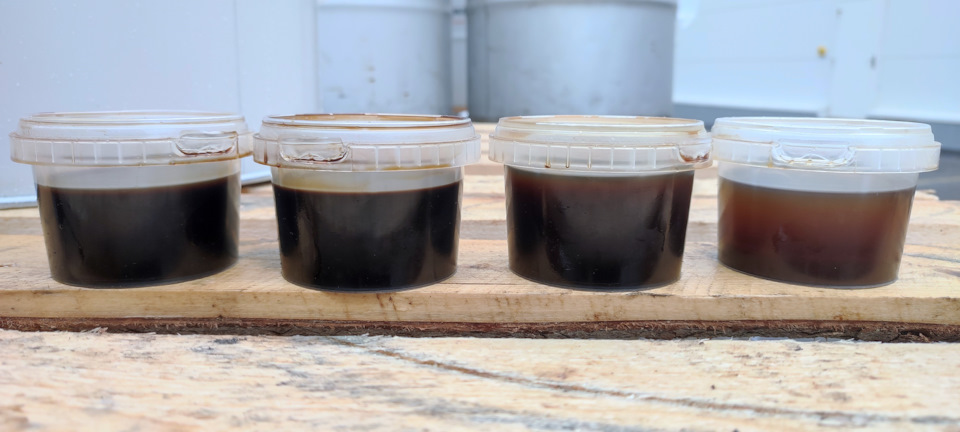
Многие могут возразить, что такой подход к очистке двигателя и масляной системы довольно затратный как по времени, так и по финансам. Согласны. Процедура получается не из дешевых, особенно если учесть, что на каждом этапе промывки желательно использовать свежий масляный фильтр. Да и риски определенные есть. Речь идет о вероятности подрыва краски с окрашенных поддонов, а так же о необходимости (в некоторых случаях) дополнительной промывке датчика температуры и уровня масла.
And yet engine cleanliness is worth all this cost. Any deposits in the engine have a very strong effect on its temperature balance. Considering that today almost all engines are temperature loaded, timely heat dissipation from the parts is very important. Plus, in a clean engine, any oil lives longer because it doesn’t waste its energy cleaning up dirt after someone, it just keeps it clean. Trust me. Even the toughest oil in a modern engine has plenty to spend its potential on without it.

